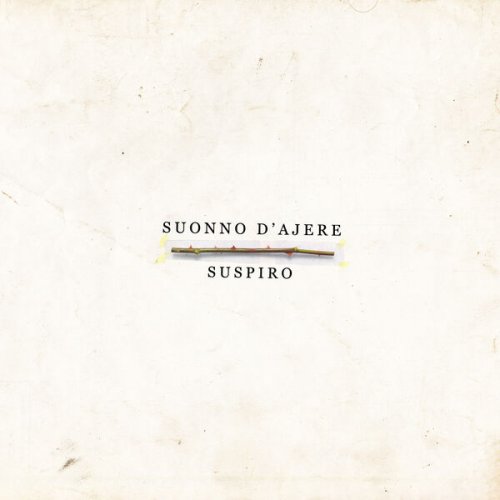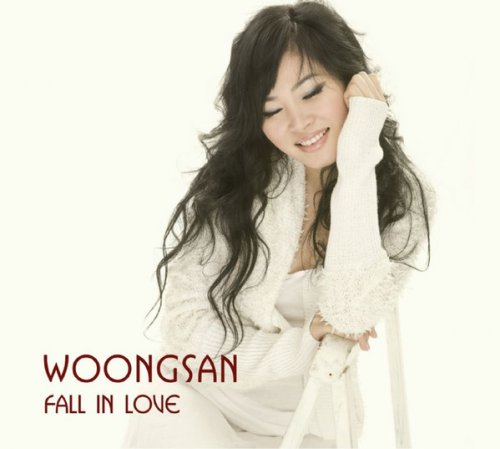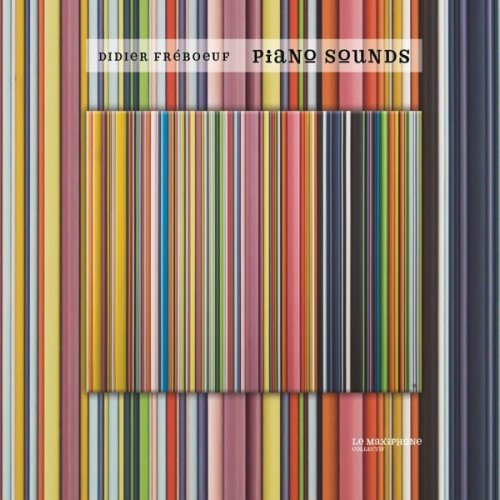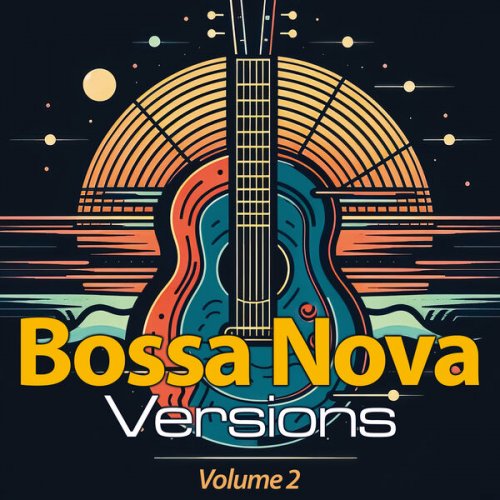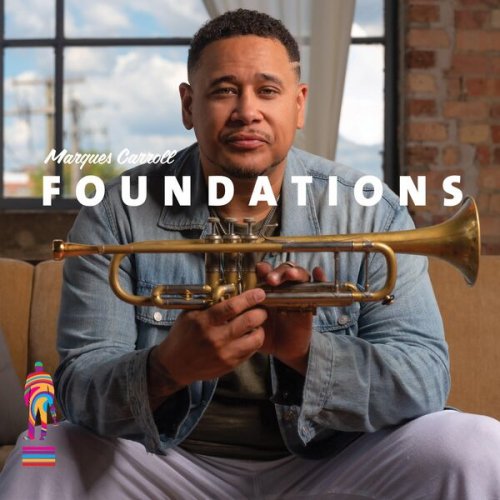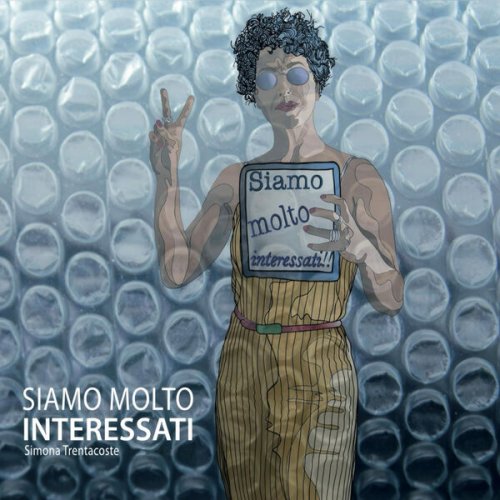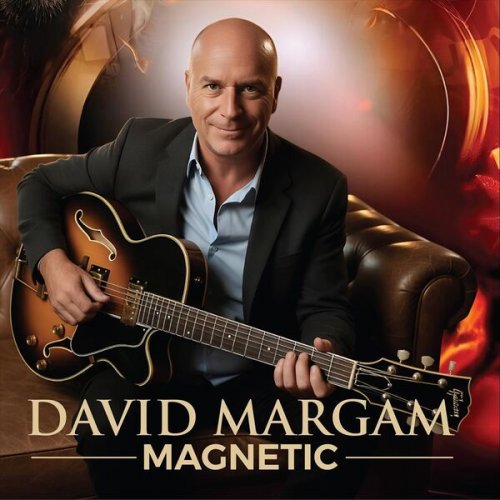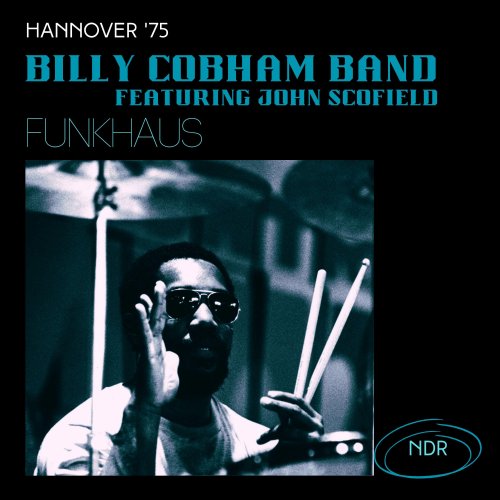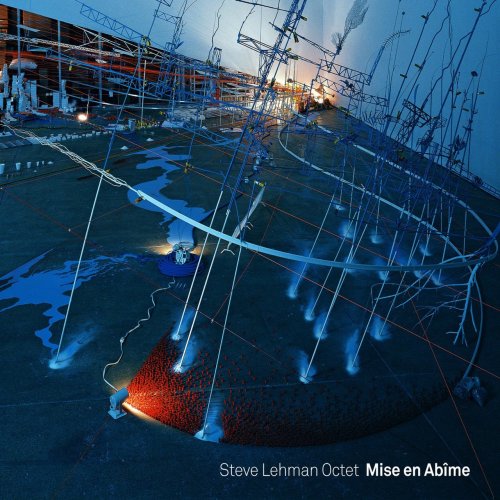Fania Chapiro, Musica Ad Rhenum & Jed Wentz - Schobert, Schröter & Dussek: Fortepiano Concertos (1995)
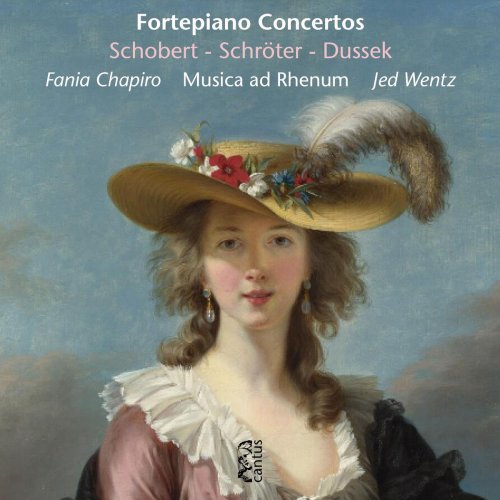
Artist: Fania Chapiro, Musica Ad Rhenum, Jed Wentz
Title: Schobert, Schröter & Dussek: Fortepiano Concertos
Year Of Release: 1995
Label: Cantus Records
Genre: Classical
Quality: flac lossless +booklet
Total Time: 00:53:40
Total Size: 234 mb
WebSite: Album Preview
TracklistTitle: Schobert, Schröter & Dussek: Fortepiano Concertos
Year Of Release: 1995
Label: Cantus Records
Genre: Classical
Quality: flac lossless +booklet
Total Time: 00:53:40
Total Size: 234 mb
WebSite: Album Preview
---------
01. Concerto for Fortepiano, Two Flutes, Two Horns and Strings No. 5 in G Major: I. Allegro ma non tanto
02. Concerto for Fortepiano, Two Flutes, Two Horns and Strings No. 5 in G Major: II. Andante
03. Concerto for Fortepiano, Two Flutes, Two Horns and Strings No. 5 in G Major: III. Allegro
04. Concerto for Fortepiano and Strings No. 3 in C Major, Op. 3: I. Allegro
05. Concerto for Fortepiano and Strings No. 3 in C Major, Op. 3: II. Grazioso
06. Concerto for Fortepiano and Strings No. 3 in C Major, Op. 3: III. Rondeau (Allegro)
07. Concerto for Fortepiano, Two Oboes, Two Horns and Strings in E-Flat Major, Op. 26: I. Allegro
08. Concerto for Fortepiano, Two Oboes, Two Horns and Strings in E-Flat Major, Op. 26: II. Larghetto espressivo
09. Concerto for Fortepiano, Two Oboes, Two Horns and Strings in E-Flat Major, Op. 26: III. Rondo (Allegretto)
At the end of the 90’s, the label Cantus licensed some of the best recordings by the ensemble Musica ad Rhenum, founded by great artists coming from groups like Musica Antiqua Köln, Camerata Köln or Concerto Armonico, and led by American traverso player, Jed Wentz. Now, some of those recordings have been remastered and released again by Cantus with new covers, new translations and new design, forming a series called “The Musica ad Rhenum Archives”.
When listening to this wonderful recording we shall be able to know the evolution of a new musical genre that was created during the 18th century, the (forte)piano concerto. Johann Schobert was born in 1735, and Dussek died in 1812, and itis between both dates when the music of the present CD was composed.
Schobert, like Mozart, who admired him, died at a very young age, and his music has a special expressive power that rises far above the average of eighteenth-century composition. This can be very well appreciated in the expansive Andante middle movement ([2]) is particularly fine; with its uncommonly expressive and sentimental melodies, its intense, dark colours and its animated gestural language, it is the “product of a heated imagination and a burning heart”, as one of Schobert’s contemporaries put it.
Burney, a contemporary, wrote that Schröter ‘introduced the true art of fortepiano playing to England and his concertos opus 3 and 5 were among the best composed specially for this instrument and met with tremendous success’. Mozart found these works of sufficient interest to compose cadenzas for them (which may be heard on this recording). The Fortepiano Concerto in C major, opus 3 No. 3 employs solely string orchestra accompaniment. It is spontaneous, fresh music that transports the listener back to the atmosphere of the eighteenth century.
The life of the Czech composer Jan Ladislav Dussek (or Dusik), 1760-1812, was decidedly even more turbulent and adventuresome than that of his predecessors Schobert and Schröter. He lived in an age in which Europe was shaken by revolution and war and was himself personally acquainted with many of the leading figures in this strife. The 1789 concerto performed on this recording (Concerto for Fortepiano, Two Oboes, Two Horns and Strings in E flat Major, Op. 2), with its robust themes, extensive tutti passages and brilliant solo part in the first movement, presages Beethoven. Although initially writing in the Classical style, in the final years of his life Dussek exhibited clear Romantic traits in his music: in it we hear Schubert, Weber, Rossini, and even Mendelssohn and Chopin! Dussek was an exceptionally gifted and progressive musician, a restless opportunist and an intriguing personage in the tumultuous transition from the eighteenth to the nineteenth century.
